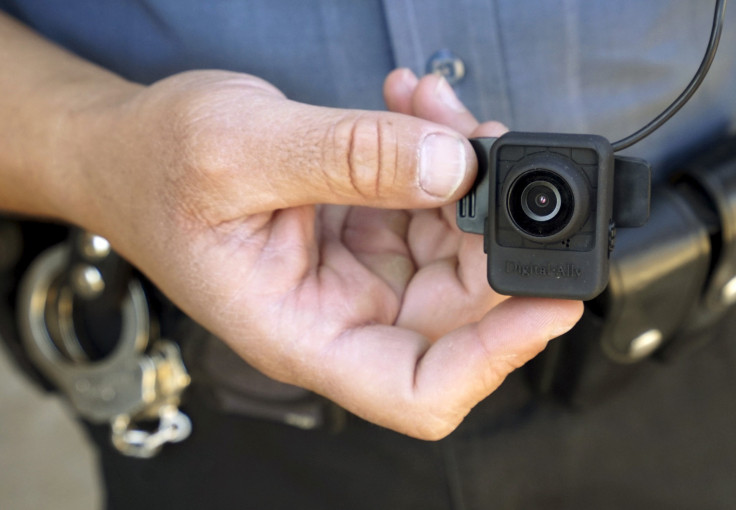South Carolina Legislators Approve Body Cameras For Police

South Carolina lawmakers unanimously passed a measure on Wednesday that will require all state and local law enforcement officers to be equipped with body cameras.
As part of its vote, the House of Representatives agreed to name the bill for Walter Scott, a black man who was shot and killed as he ran away from a white police officer in North Charleston after a traffic stop last month.
The officer, Michael Slager, has since been fired from the force and charged with murder in Scott's death. Video from a bystander's cell phone showed Slager, 33, shooting Scott, 50, eight times at his back.
"We lost a life in North Charleston and had it not been recorded by someone's cell phone, we had officers who we have entrusted our lives to tell blatant lies," Representative John Richard King, a Democrat, said during the House debate.
The measure calls for a law enforcement training council to come up with guidelines in the next six months on who will wear body cameras and when they must be activated. The House amended the bill to add a study committee on police jurisdictions already using body cameras.
The state Senate approved its version of the measure late last month, and the two chambers will now iron out the differences in a conference committee.
Republican Governor Nikki Haley is expected to sign the legislation.
The shooting in April prompted calls for police reform in North Charleston, but the city did not erupt into the violence that followed killings of black men by police in Ferguson, Missouri and Baltimore, Maryland.
Democratic state Representative Leon Howard said excessive force by police and fear of law enforcement by African Americans has been a problem for decades in South Carolina. "This brings transparency to law enforcement," Howard said in an interview.
© Copyright IBTimes 2024. All rights reserved.





















